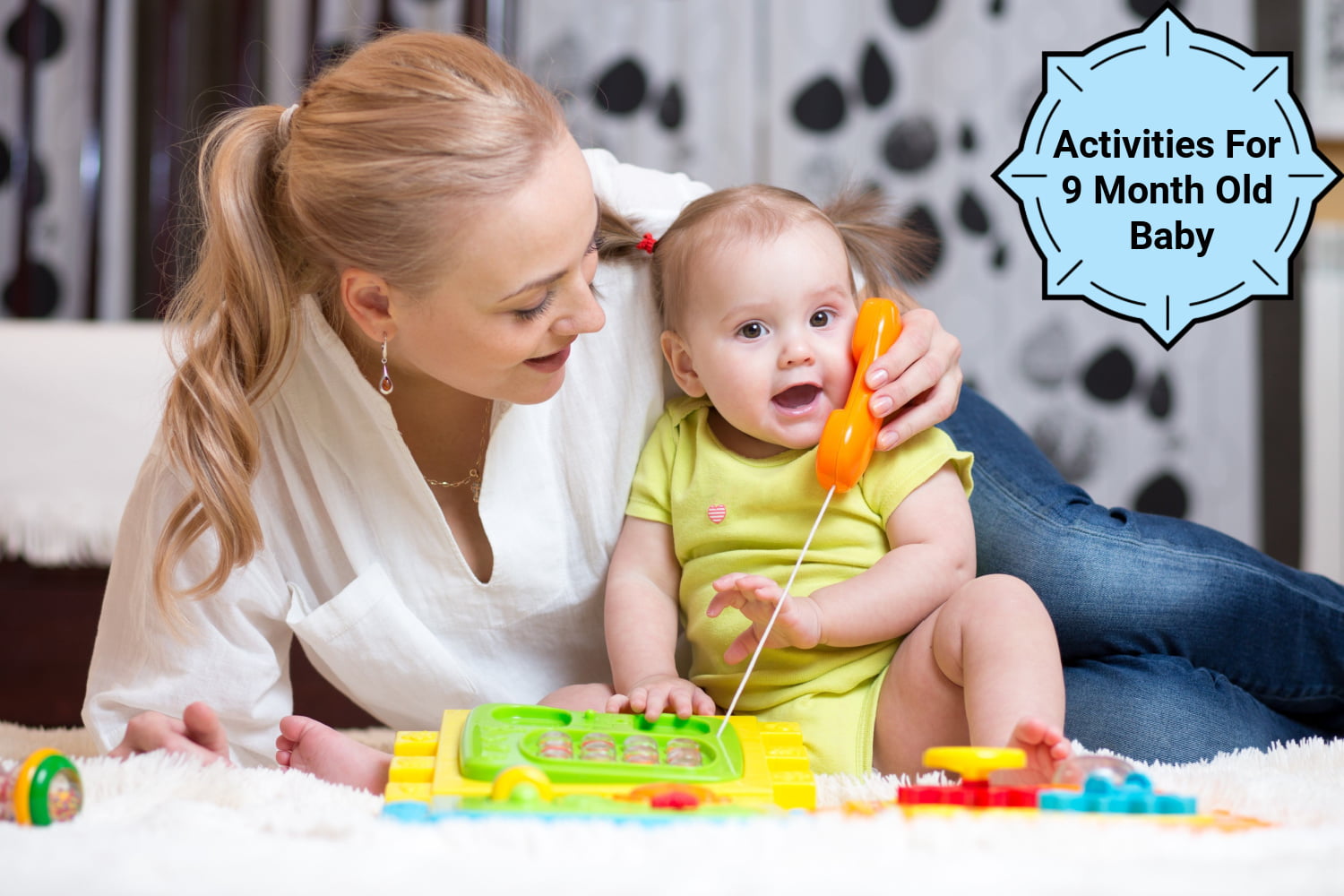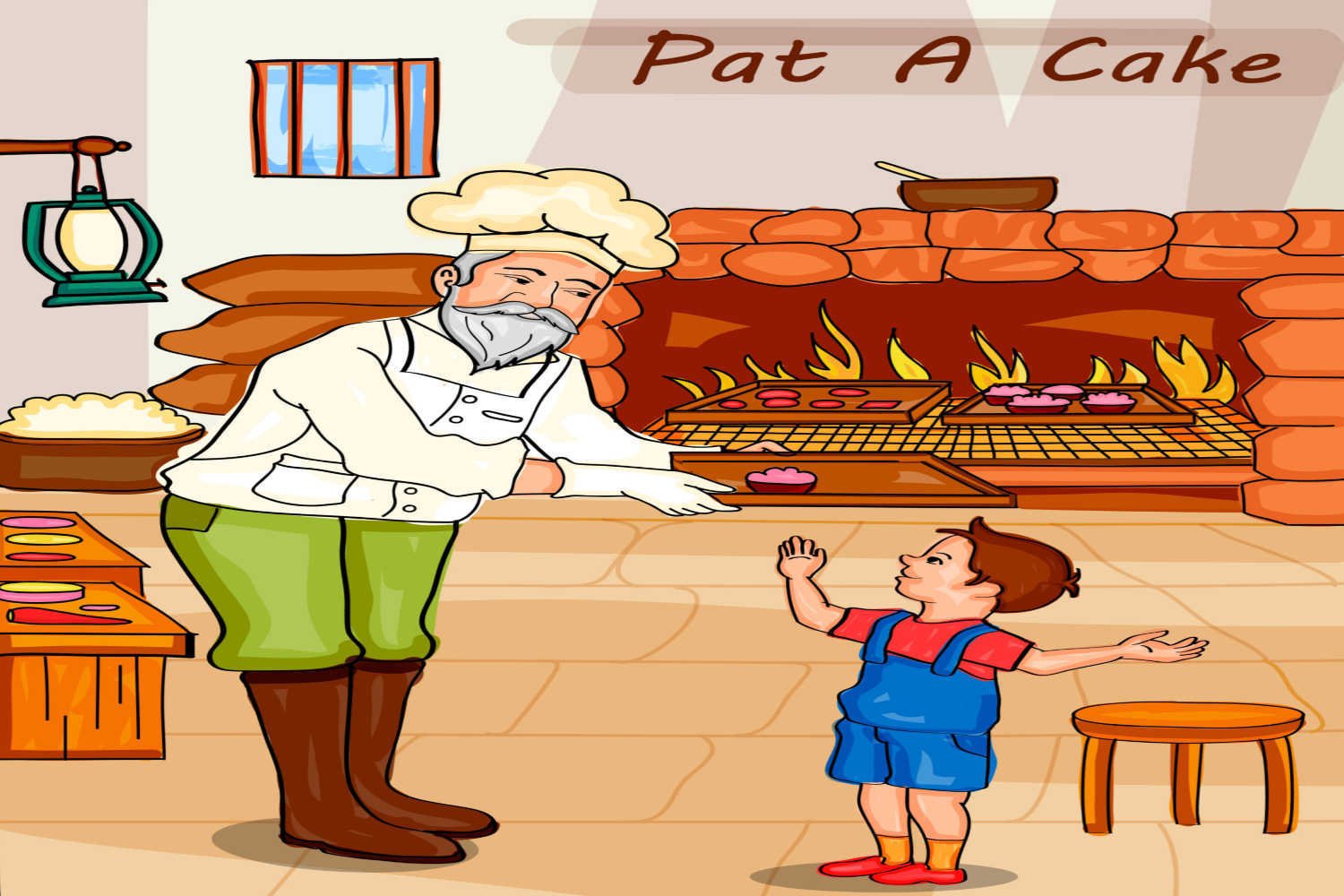
Beetroot For Babies – When to Introduce, Benefits And Precautions
6 min readWritten by Suma R P


Switching to solid food can be a huge change for babies and mommies. You are anxious to provide nothing less than a full-fledged nutrition package for your little one. A colorful plate can excite babies to grab the food, and beetroot is definitely an option. Beetroot is one of the safest foods you can assimilate into the list of first solid foods of your baby. It is as healthy as it looks, fresh, bright, and firm. Keep scrolling down to know more about beetroot for babies- when to introduce it, and its health benefits.
Beetroot is a common vegetable seen in Indian kitchens. There are many types of beetroots like white beet, yellow beet, striped beet, and dark purple beet. Each kind of beetroot offers different phytonutrients, and all of them are rich in antioxidants. Beetroot is one of those vegetables that are easy to cook and liked by babies. You can find some interesting facts about the nutrition of beetroot and a list of recipes with beetroot that your little one might love.
In This Article
- Is Beetroot Safe For Babies?
- When Can You Introduce Beetroot to Your Baby?
- Nutritional Value of Beetroot
- Amazing Top 5 Health Benefits of Beetroot For Babies
- Precautions to Take While Introducing Beetroot to Babies
- Are There Any Side Effects of Beetroot For Babies?
- Top 3 Healthy and Tasty Beetroot Recipes For Babies
- FAQ’s
Is Beetroot Safe For Babies?
Yes, beetroot is a safe vegetable, and you can add it to your little one’s first solid foods. Beetroot contains prominent nutrients that aid in healthy growth. It also contains bioactive elements that are known for boosting immunity in babies. Beetroot is rich in iron and helps babies cope with anemia. Though it does not cause any allergies in children, there may be a chance of indigestion because of the fiber content. Cook it well with an innovative recipe, and then you win.
Once you introduce beetroot to your baby, limit it to one or two tablespoons and observe if the baby accepts the taste. It is always better to leave a gap of three or four days before feeding the same food again. Most babies like beetroot for its naturally sweet taste and bright color. Beetroot can cause babies to pee and poop a little darker than usual, which is a common thing. However, if you are concerned, it is always better to consult your doctor.
When Can You Introduce Beetroot to Your Baby?
You can safely introduce beetroot to your baby once they are ready for solids. Beetroot is easy to digest and has many nutritional qualities that are vital for your growing baby. You can give well-steamed and mashed beetroot puree to start with. Make sure that you introduce it in small quantities and gradually increase it depending on your baby’s receptivity to the food.
Nutritional Value of Beetroot
The nutrition value of a raw beetroot per 100 g is as follows.
| Nutrients | Value |
| Vitamin A, RAE | 2.00 mcg |
| Carotene (Beta) | 20.00 mcg |
| Vitamin B1 (Thiamin) | 0.031 mg |
| Vitamin B6 | 0.067 mg |
| Vitamin B9 (Folate),DFE | 109.00 mcg |
| Vitamin C (Ascorbic Acid) | 4.9 mg |
| Vitamin E (Alphatocopherol) | 0.04 mg |
| Vitamin K | 0.2 mcg |
| Calcium (Ca) | 16.00 mg |
| Iron (Fe) | 0.80 mg |
| Magnesium (Mg) | 23.00 mg |
| Phosphorus (P) | 40.00 mg |
| Potassium (K) | 325.00 mg |
| Sodium (Na) | 78.00 mg |
| Zinc (Zn) | 0.35 mg |
| Protein | 1.61 g |
| Carbs | 9.56 gm |
| Fiber | 2.8g m |
(Source)
Amazing Top 5 Health Benefits of Beetroot For Babies

Looking at the abundance of good fats, minerals, and vitamins present in beetroot, it is apparent that beetroot has numerous health benefits. It can be the best superfood your baby can have as their first solid. Among many, the top five health benefits of beetroot for babies are,
1. Acts as an Immunity Booster
The phytonutrients and antioxidants in beetroot purify the blood and act as an immunity booster for babies. Beetroot contains betaine as the main component, which helps balance the vital functions in the body.
[Read : How to Increase Immunity in Babies?]
2. Helps in Lowering the Risk of Anemia
For its rich iron content, beetroot aids the production of healthy RBCs. The presence of adequate red blood cells boosts immunity to several infections. RBC carries oxygen to the cells and tissues, thus promoting their proper functioning.
3. Promotes Healthy Brain Functioning
Beetroot aids in proper blood circulation and promotes healthy brain functioning in babies. Being rich in essential minerals and vitamins like A, D, E, and K, it develops immunity to several diseases.
4. Aids in Good Digestion
Beetroot is rich in fiber, and fiber-rich foods aid in better digestion and helps avoid constipation in babies. Once babies start solids, they may have a risk of developing colic and constipation. Foods such as beetroot help fight constipation due to their high fiber content.
5. Acts as a Detoxifier
Beetroot combined with apples and carrots acts as an excellent detoxifier. It purifies the blood and also avoids the formation of stones in the kidney and gallbladder.
Precautions to Take While Introducing Beetroot to Babies

Even though beetroot is safe and there is no double thought in introducing this vegetable to your little one, you still need to follow some standard precautions when introducing this vegetable to your little one.
- Cook the beetroot thoroughly as raw beetroot may lead to indigestion in babies.
- Limit the feeding to a maximum of two spoons when in the initial days. Leave a three to four days gap before repeating the same. Though rare, following this can help you observe allergies and other side effects of a new vegetable.
- Do not think of increasing the quantity even if your baby seems to enjoy the food. It is always better to increase the portion slowly.
- Steaming a vegetable can preserve its nutrition as opposed to boiling which can kill the nutrients.
Are There Any Side Effects of Beetroot For Babies?
Beetroot does not cause side effects in babies. The B- Complex vitamins in beetroot helps in aiding the brain functioning, better eyesight, cardiovascular health, boosting appetite, digestion, and nerve function in babies. Vitamin C helps absorb calcium, iron, and magnesium into the body, which is necessary for an infant.
Top 3 Healthy and Tasty Beetroot Recipes For Babies

Here comes the interesting part, the variety of recipes with this bright-colored vegetable. Beetroot is slightly sweet and goes with other baby vegetables like potatoes and carrots.
We have listed a few recipes that can be super immunity boosters and health builders for your 7 month baby.
1. Beetroot, Carrots, and Potato Puree
You can mix chop and mix beetroot, carrot and potato and steam them together. Make sure to peel the vegetables before cooking. Cool and mash them, and you can mix water, breast milk, or formula milk for consistency. Babies slurp this for its great taste. This puree is easy to digest and full of nutrition.
2. Apple, Beetroot and Carrot Puree
This detoxifier works best for adults when consumed raw, but raw is a big no-no in the case of babies. Steam cook these foods, then cool and blend them well to make a soft and silky puree. This combination is a package of nutrients and helps babies beat all the immunity odds.
3. Beetroot Puree or Beetroot Mash
Boil or steam the beetroots after you wash and peel them. Cool and blend well to get a thick puree. You can also mix breastmilk or formula milk to get the consistency you need. Mixing water also works sometimes.
Apart from these recipes, you can make beetroot kichadi using lentils like moong dal if your baby is 8+ months old. Another healthy recipe that comes to the rescue when you run out of ideas is beetroot curd rice which acts as a coolant and helps the tiny tummy stay calm and happy.
For the abundant nutrients, beetroot has, it is one of the best vegetables that your baby can have in their solid diet. You can introduce beetroot for babies following different recipes. A vital ingredient responsible for the color of beetroot called betaine is an excellent antioxidant, relieves oxidative stress, and aids in healthy cell functioning.
[Read : Lentils For Babies]
FAQ’s
1. Do Beets Constipate Babies?
No, instead, they help in treating constipation. Beetroots are rich in fiber, and the fiber content plays a vital role in aiding better digestion and helps treat constipation.
2. Do Beetroots Cause Gas in Babies?
Beetroot, when cooked and steamed well, is an easily digestible vegetable. It does not cause gas or indigestion in babies. However, consult your doctor if your baby has discomfort after having beetroots. It is also vital to follow age-appropriate quantities while giving solids to babies.
3. Is Beetroot Difficult to Digest For Babies?
No, beetroot is not difficult to digest for babies. Infact, this vegetable is rich in nutrients and aid in better digestion. It is common to think that the presence of nitrates can make beetroots hard to digest, but that is not correct. Nitrates are present in soil and are common in root vegetables, and the loaded nutrition outgrows its presence. However, anything that is too many results in digestion issues. Hence, ensure to incorporate limited quantities of vegetables by following a three-day gap rule, then increase slowly.
Read Also: Bottle Gourd (Lauki) For Babies – When to Introduce, Benefits And Precautions

Suma R P,M.Sc (Organic Chemistry) Rayalaseema University B.Sc (Biotechnology) Sri Krishna Devaraya University.
Suma is a passionate content writer with a strong keenness to understand the miracle of pregnancy, birth, and parenting. Suma has successfully transitioned into a full-time content writer and a key contributor at Being The Parent. She leverages on her experimental background in chemistry and experience in writing to come up with well-researched content that helps parents struggling to deal with various medical conditions of their children.Read more.
Responses (0)
Want curated content sharply tailored for your exact stage of parenting?
Related articles

Life With PCOD After Marriage – A Complete Guide

Top Activities For a 9 Month Old Baby – Benefits and Tips For Parents

FPIES in Babies – What is it, How Common and Symptoms

Pat a Cake Rhyme For Babies

Breastfeeding After IVF – Tips to Cope

Passion Fruit (Krishna Phal) For Babies – Is it Safe, When to Introduce and Benefits
Sponsored content
Discover great local businesses around you for your kids.
Get regular updates, great recommendations and other right stuff at the right time.





